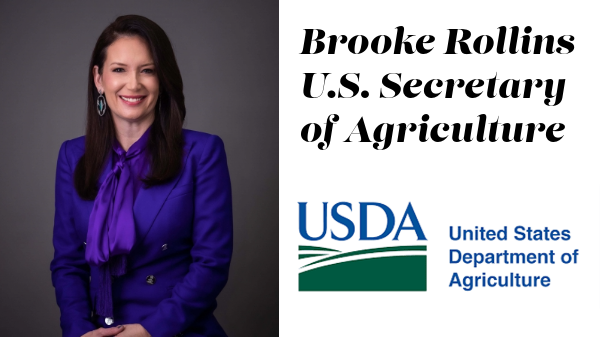Welcome to Blue Book!
Are you ready to join the thousands of companies who rely on Blue Book to drive smarter decisions? View our plans and get started today!
Still have questions? We’d love to show you what Blue Book can do for you. Drop us a line– we’ve been waiting for you.

The need for external funding is basic to nearly all companies, whether a startup looking for seed money, an established firm seeking growth, or a distressed operation trying to stay afloat.
Last fall Blueprints examined the two most common sources—banks and the Small Business Administration (see “Financing Growth: Exploring Your Options,” October 2012)—and in this article we discuss private equity financing. Though private equity financing is a lesser-known source of capital, it is gaining recognition in the produce industry for companies looking to sell or recapitalize.
Private equity (PE) firms pool money from large investors like pension funds, institutions, and wealthy individuals into a portfolio fund. The money can be used to buy or gain control of privately held companies within a defined set of criteria. The criteria might include, for example, companies within a specific revenue range, in a particular industry, and/or with a certain EBITDA (earnings before interest, taxes, depreciation, and amortization) level. The intent is to increase value over a specified period of time and sell at a profit.
Private equity is sometimes confused with hedge funds; the latter is typically invested in publicly traded stocks and bonds or other types of ‘liquid’ assets. Hedge fund managers do not necessarily gain control of the companies in which they invest. Nevertheless, in recent years the lines between the two types of funding have become somewhat blurred.
Different Firms, Different Strategies
There are different types of PE firms, each with specific target markets and philosophies. For business owners seeking financing, it is important to understand these differences to match the needs of their company with that of an investing firm’s goal.
Leveraged Buyouts
Some PE firms focus on leveraged buyouts (LBOs) and usually seek full control of mature companies with successful business models, minimal debt, and divestible assets. While most PE transactions involve private companies, many LBOs will take publicly-traded companies private. The investments are usually sizeable—from $100 million up to tens of billions.
Most LBOs are financed largely through debt, with the PE firm putting up only a fraction of the purchase price. The debt is taken on by the acquired company and collateralized through the acquisition’s assets. Not surprisingly, LBO firms target large, profitable companies that generate consistent operating cash flow, thus minimizing risk. Leveraged buyout deals are structured with provisions to protect investors through numerous “rights of consent” over matters such as business plans, financial transactions, policy changes, and operational activities like the hiring and firing of key employees. Additionally, investors share little liability with respect to the debt incurred by the acquired company.








